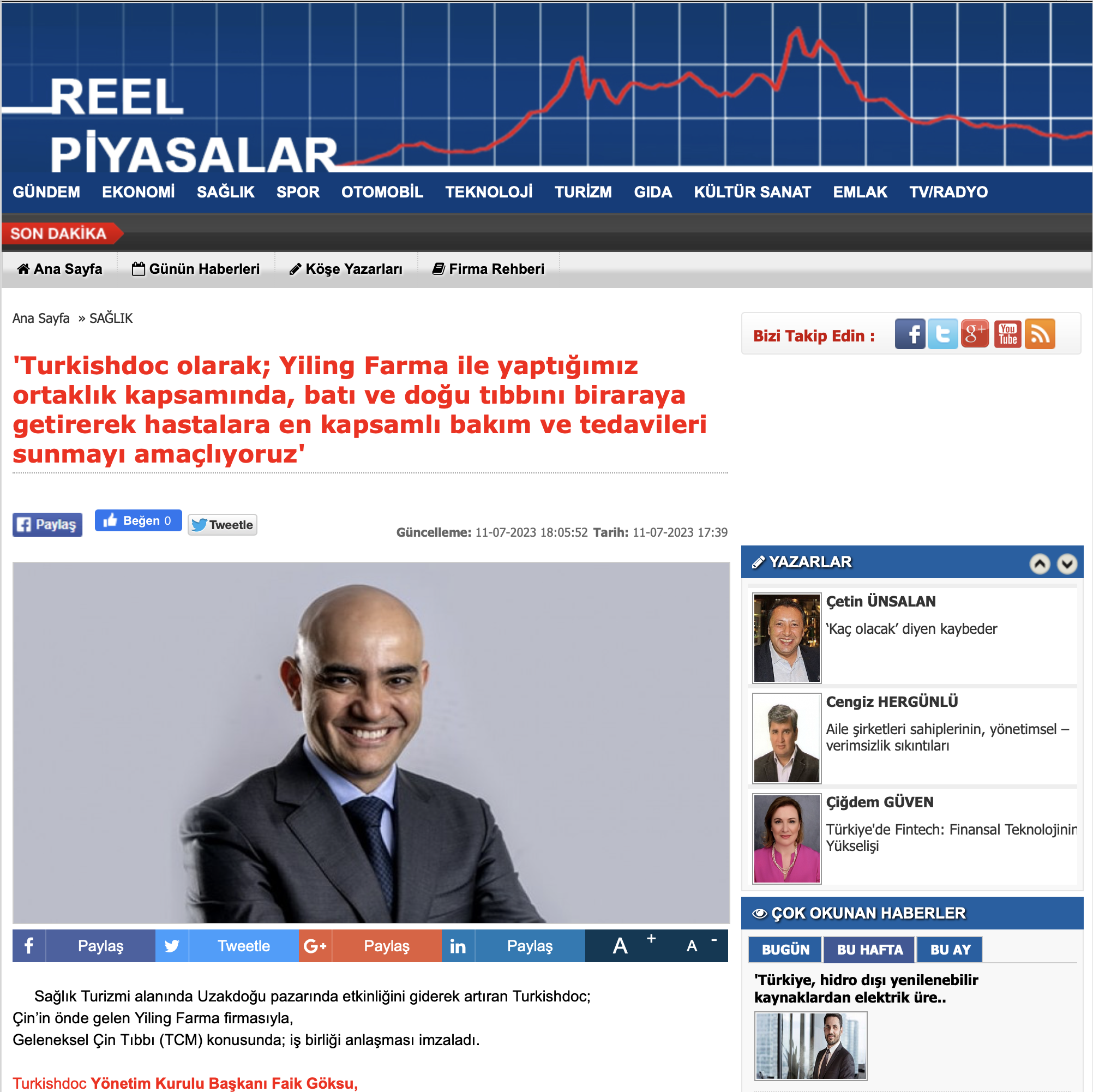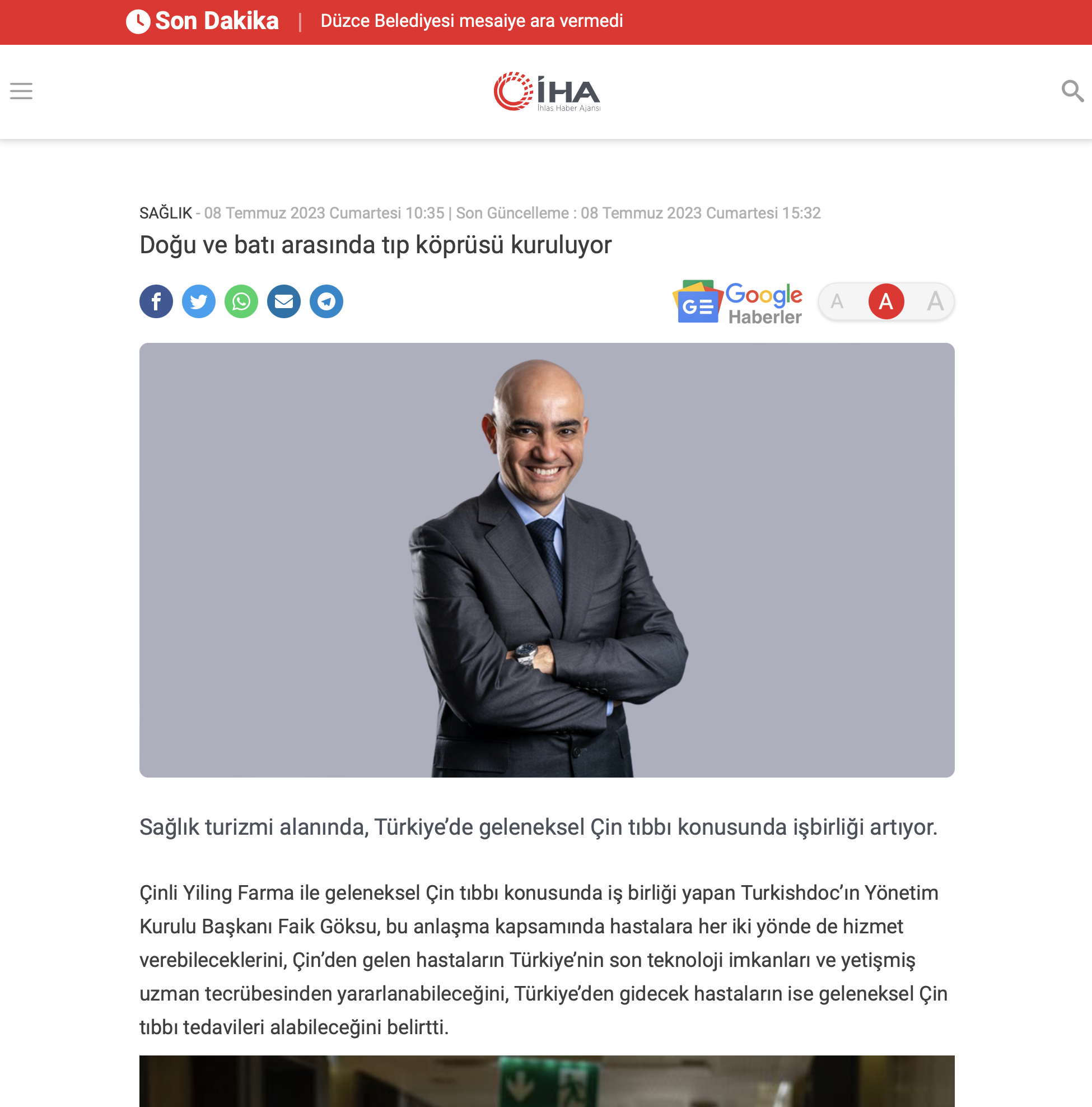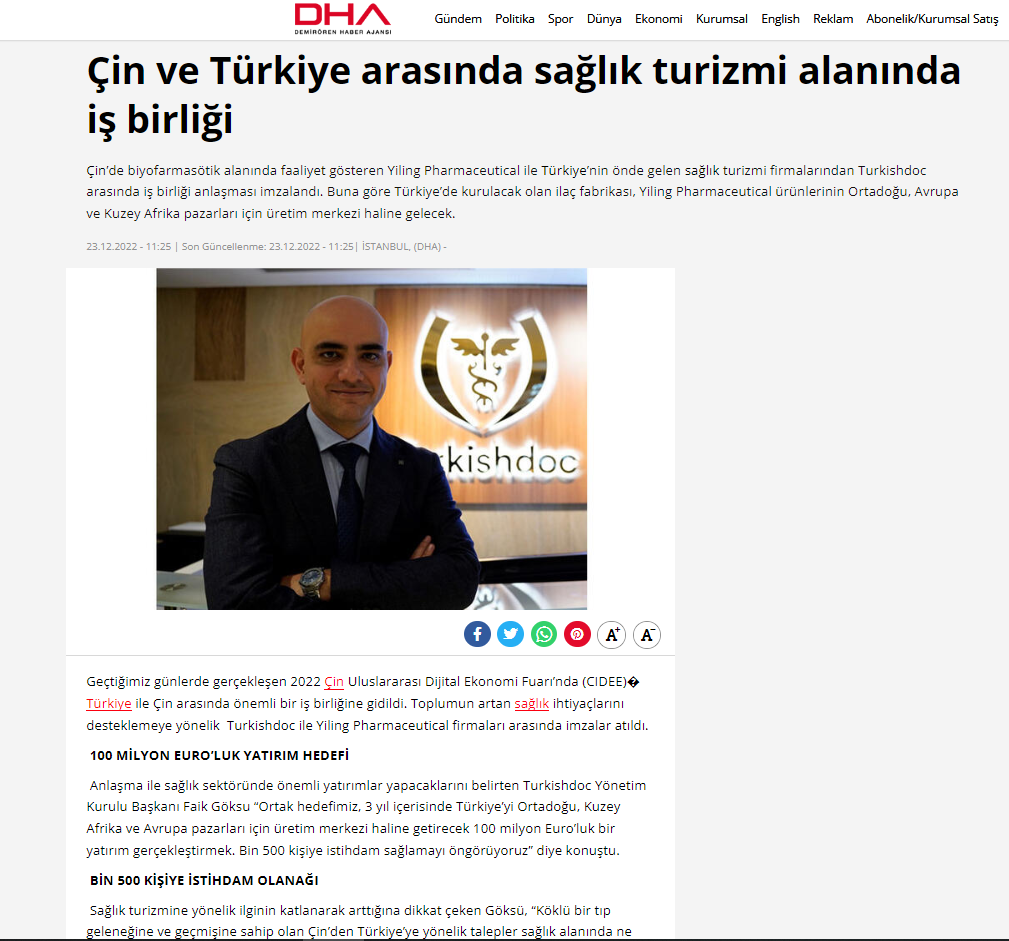Turkishdoc
What Is Myocardial Infarction And What Causes It?
Myocardial infarction is the term used in medical terms to allude to a heart attack. This serious health problem, which is now common all over the world, leads to death. A myocardial infarction occurs suddenly as a result of the blockage of more than one coronary artery. This condition, which causes a significant number of deaths worldwide, is characterized by several symptoms. The most prominent symptom is compression of the heart, which requires urgent intervention. Many conditions, from genetic factors to environmental factors, can cause a heart attack. Emergency intervention is essential during a sudden heart attack. Otherwise, it can result in tissue damage and death.
What Is A Myocardial Infarction?
A myocardial infarction, also known as a heart attack, occurs as a result of blockage and narrowing of the coronary vessels. The accumulation of cholesterol and similar fatty structures in the vessels that provide blood flow to the heart creates cracks in the vessels. The clots and plaques that form in the cracks clog the vessels, and this leads to myocardial infarction. Early and timely treatment of this serious condition is extremely important. Otherwise, tissue damage and death can occur. Tissue damage reduces the pumping power of the heart, leading to heart failure. A heart attack is a health problem that should be taken seriously, and certain measures should be taken to prevent it. For this, it is important to change some habits and adopt a healthier lifestyle.
Symptoms Of Myocardial Infarction
Because myocardial infarction is a sudden condition, the symptoms also appear suddenly. The symptoms of a heart attack in men and women may differ. However, common symptoms of myocardial infarction include:
- Chest pain
- Feeling of pressure in the chest
- Shortness of breath
- Fatigue
- Sweating
- Heart rhythm acceleration and irregularity
- Dizziness
- Heart palpitations
In comparison to women, men experience heart attacks at a younger age. Therefore, being male is one of the risk factors for myocardial infarction. At the time of a heart attack, men show the classic symptoms. However, women’s heart attack symptoms may be slightly different. Symptoms in women include prolonged fatigue, back pain, anxiety, and sleep problems. They are therefore slightly different from the common symptoms of myocardial infarction. It is important to take these symptoms seriously in both sexes and go to the emergency room.
Causes of Myocardial Infarction
The main cause of myocardial infarction is blockage of the coronary arteries. These vessels are extremely important for the heart and support healthy blood flow. However, due to certain factors, fatty plaque formation occurs in these vessels. This is the main factor that leads to blockage of the coronary arteries. However, clots or rupture of blood vessels can also result in a heart attack. The most typical causes of myocardial infarction are as follows:
- Coronary artery spasm
- Anomalous coronary arteries
- Trauma in the coronary artery
- An acute complete blockage
- Spontaneous coronary artery dissection
Risk Factors for Myocardial Infarction
Some factors trigger myocardial infarction or a heart attack. These risks include certain habits or changes in the body. Risk factors for myocardial infarction include:
High blood pressure: High blood pressure causes clotting, which in some cases can lead to a heart attack.
Genetic factors: A history of a heart attack in one’s parents can lead to this serious health problem.
Eating disorders: Eating too much saturated fat and processed foods can lead to blockage of the heart arteries. Obesity is also an important risk factor for heart attack. A diet high in carbohydrates and fats is harmful to heart health. Therefore, eating too much and irregularly is one of the factors that cause myocardial infarction.
High blood pressure, diabetes, and cholesterol: In some people, high blood pressure, diabetes, or high cholesterol are among the factors that trigger heart attacks. People with these diseases should pay more attention and go for regular check-ups. In particular, many people die from heart attacks due to high blood pressure and diabetes. Factors that increase blood pressure, diabetes, and cholesterol derive from an unhealthy diet. Stress and anxiety also affect them.
Aging: As we age, our vascular structure deteriorates. This is one of the main factors leading to myocardial infarction.
Stress, anxiety, anger, and tension: Myocardial infarction is not only caused by physical factors. Psychological conditions are also among the factors that trigger a heart attack. In particular, stress, anxiety, anger, and tension increase this risk even more. Stress, anxiety, anger, and tension must be controlled. If this is not possible, the person should seek psychological support from specialists.
Complications of Myocardial Infarction
As with most diseases, myocardial infarction can develop some complications. One of the most serious complications is heart failure. As with other complications, heart failure is caused by damage to the heart muscle. This damage reduces the pumping performance of the heart and prevents it from pumping enough blood. In some cases this complication is temporary, but in others it is permanent. Other complications of myocardial infarction include:
Cardiogenic shock: It is a rare complication when the heart cannot pump blood immediately.
Irregular or atypical heart rhythms (arrhythmias): This is another serious complication of a heart attack because it can lead to death.
Cardiac arrest: This is one of the most serious complications of a heart attack. This is because it causes the heart to stop suddenly. The heart attack thus becomes a life-threatening health problem. This complication requires urgent intervention and if it is not treated immediately, death can occur.
Myocardial Infarction Prevention
There are some elements to prevent myocardial infarction, i.e. heart attack. If these factors are taken into account, the risk of heart attack can be minimized. To prevent myocardial infarction, you can briefly do the following:
- Stop using tobacco such as cigarettes and hookah.
- If you have cholesterol, blood pressure, and diabetes, you should have regular check-ups.
- Control psychological conditions such as stress and depression.
- It is important to keep moving so that you can prevent other cardiovascular diseases.
- It is important to avoid fatty and carbohydrate foods. You should pay more attention to eating enough fresh fruits and vegetables.











